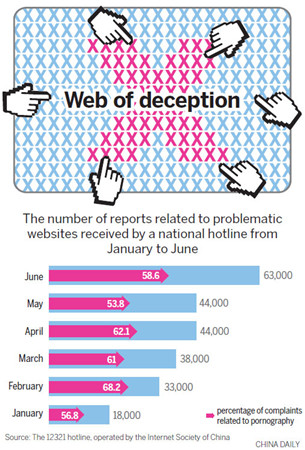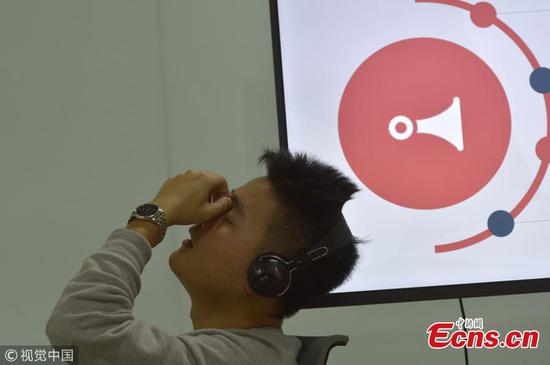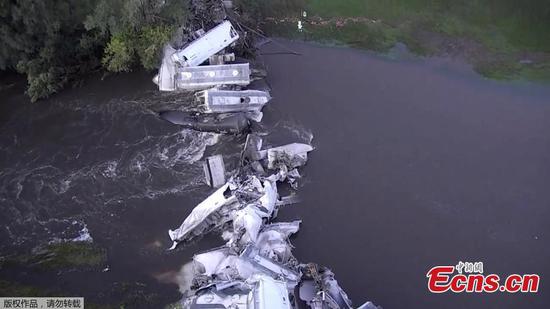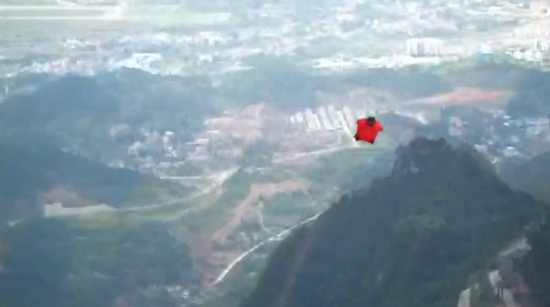
People have long been employed to search for pornography online, but the sheer scale of the operation means their activities are becoming increasingly expensive and unsuccessful.
Now, artificial intelligence is taking a leading role in the battle, thanks to its unrivaled capacity to absorb and process information, which effectively means that machines can be taught to detect and identify pornography.
"Our AI system can review at least 1 billion photos a day," said Li Mingqiang, founder of Tuputech, a technology company in Guangzhou, Guangdong province, which offers highly efficient filtering of images and videos via AI technology and learning systems.
The system could reduce labor costs by 90 percent, said Li, who started the company in 2014.
Alibaba is applying the same methods to weed out illegal content. The e-commerce giant began using AI to identify porn in 2015, and recent improvements to its voice-print technology mean its system can identify key words in a variety of languages and dialects, and can even detect groaning on soundtracks.
However, Zhu Wei, an associate professor of law at the China University of Political Science and Law, warned that AI is not all-powerful. "It is hard for humans to decide if some material is pornographic, let alone a machine," he said.
"Pornographic content is varied and always changing, so it's hard to give a clear definition of pornography in laws or regulations."
Combined efforts
Since 2014, several government departments, including the National Office against Pornographic and Illegal Publications and the Ministry of Public Security, have joined the fight against pornography online.
A statement released by the office in August said major targets this year have been platforms that offer livestreaming, short videos, e-commerce and games, where pornographic content frequently appears.
From January to June, the office received 239 reports of livestreaming and short-video platforms spreading pornography and related content. Some popular platforms, including Douyin, Kuaishou and Huoshan, were given administrative punishments even though their services had been hijacked by third parties, the statement said.
Despite the intensive crackdown, illegal content quickly reappeared on the sites, and pornography was the subject of the majority of complaints received every month by 12321, a hotline operated by the Internet Society of China.


















































